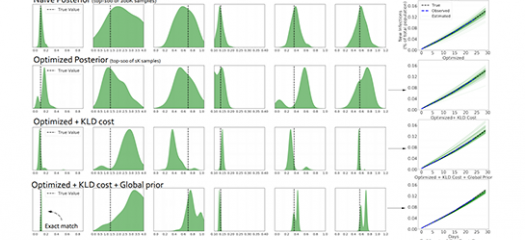LLNL has a long history of technical innovation—from the wide range of incredible scientific projects and exceptional computational capabilities to our state-of-the-art experimental facilities and an HPC center housing some of the world’s largest supercomputers.
Mission-driven applications represent a unique opportunity to fundamentally advance the underlying disciplines. ML and data science in general are crucial to dealing with the massive simulations and complex experimental data generated at the Lab.
CASC researchers contribute to projects such as cancer biology, drug discovery, nuclear fusion, material design, clean energy, traumatic brain injuries, and transportation security. We are often called upon to help with national priorities such as the COVID pandemic.
We’re looking for creative, dedicated individuals who can advance, adapt, and apply the latest ML technologies as part of diverse, multidisciplinary teams comprising ML experts, software developers, domain scientists, and HPC specialists.
LLNL + ATOM + Purdue
LLNL and Purdue University are partnering to speed up drug design using computational tools under the Accelerating Therapeutic Opportunities in Medicine project.
Calibration with NN Surrogates
Calibration of an agent-based epidemiological model (EpiCast) uses simulation ensembles for different U.S. metro areas. Peer review pending.
ML Optimization in Epidemiology
A pandemic-relevant paper investigates optimal policy recommendations in healthcare. Peer review pending.
Coarctation of the Aorta
CASC researcher Erik Draeger and team combine ML, 3D printing, and simulations to model aortic blood flow.
Topological Data Analysis
We evaluate data-driven models in scientific applications such as HED physics and computational biology.
Data Skeptic Podcast
CASC researcher Jay Thiagarajan discusses reliable, interpretable predictive models for healthcare applications.
Parallelizing Training of DNNs
A novel tournament method trains traditional and generative adversarial networks for inertial confinement fusion.
Modeling Human Brain Connectomes
The Human Connectome Project meets a structured network architecture to predict meta-information.





